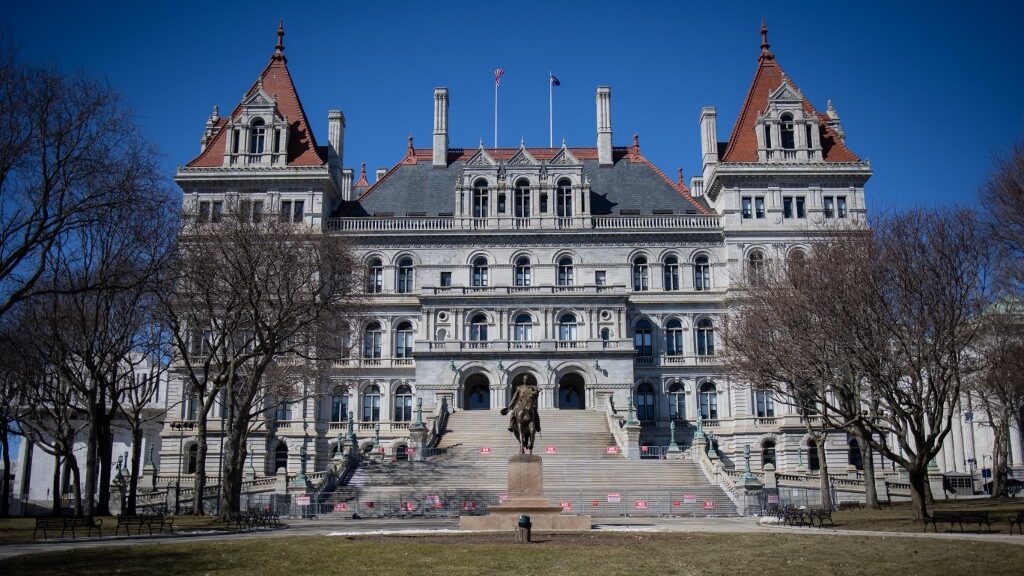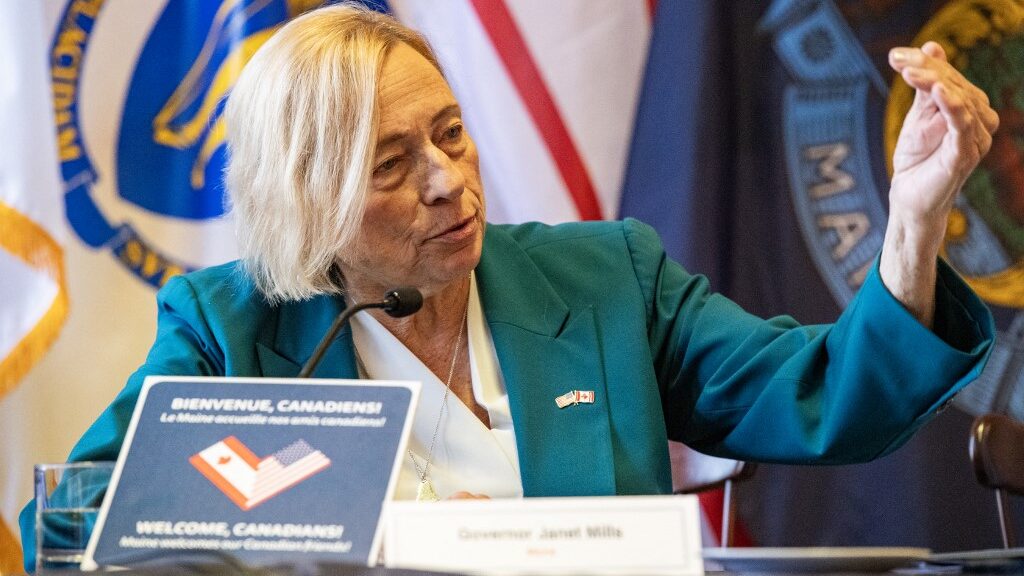
State Senator George M. Borrello has sponsored a bill, S7502, that would require the New York State Comptroller to review all pending gaming compact agreements as an additional layer to an already highly vetted process, which could potentially have implications for the operation and oversight of sports betting in New York.
Role of the Comptroller
Negotiations are underway between the state of New York and the Seneca Indians on a new compact agreement that would allow the tribe to continue to operate their New York casinos, as their current deal expires in December. The process already has several oversights in place but State Senator George Borrello believes New York’s comptroller should also be required to play a role.
Thomas P. DiNapoli is the current comptroller and has been since 2007, having been elected four consecutive times. And as the law stands, in his role as comptroller DiNapoli has the authority to delve into just about any aspect of the state government and acts as a watchdog to guard against misappropriation of money, wasteful spending, and fraud.
And included in that role is his ability to review any agreement reached between the state and another party. In this case, the comptroller could demand to review the compact between the state and the Seneca tribe, or any tribe for that matter, once it is negotiated.
Bureaucratic Overkill?
However, under the present system, the comptroller is not mandated to do so. Borrello’s bill would compel the comptroller to act as another vetting body in the compact agreement. The comptroller would not have the authority to change anything negotiated but could either offer recommended changes or, if there were none, recommend it go forward for signing.
In addition, Borrello’s bill would instruct the comptroller to analyze the following four aspects of the compact:
- Determine whether the compact negotiations followed proper procedures.
- Determine whether any lobbying of state officials influenced the compact drafting.
- Determine to what degree the compact might compromise existing tribal gaming exclusivity agreements.
- Allow the comptroller the liberty of including in their report “any other factor the comptroller deems relevant”.
Borrello explained his rationale for what appears to be a superfluous extra step in a process that already has many layers of protection for both parties.
“With the gaming compact between New York State and the Seneca Nation of Indians set to expire at the end of this year, negotiations are underway to renew or create a new compact for the Senecas to continue operating casinos in Western New York. It has been publicly reported that Governor [Kathy] Hochul has recused herself from any negotiations between the State and the Seneca Nation.
“She is, in fact, the Executive Branch and cannot fully recuse herself from ultimate sign-off on any compact that is negotiated, with or without her involvement… This bill would provide the necessary checks on the Governor’s authority to ensure a fair and equitable compact. This legislation will protect both the Senecas’ interests and the taxpayers of New York State.”
Governor Hochul’s Recusal Raises Questions
New York Governor Kathy Hochul has recused herself from the negotiations due to her husband, William Hochul, being the senior vice president, general counsel, and secretary at Delaware North, a direct competitor of the three casinos belonging to the Seneca Nation.
Governor Hochul has therefore designated her duties in the compact negotiations to two senior aides, Director of State Operations Kathryn Garcia, and Counsel Liz Fine, to act in her stead. However, Seneca Nation President, Rickey Armstrong Sr., remained unconvinced that the governor would be fully absent from the negotiations despite her official announcement.
He also noted that Hochul would ultimately have to sign any agreement between the parties. “I don’t know how they react in the state, but I don’t sign nothing unless I know what I’m signing,” Armstrong said. “I think she has to know, to some degree, and agree, to some degree. I also think she’s pushing the buttons behind the scenes…
“Those ladies (Garcia and Fine) – even though she has confidence in them, and they’re calling the shots, and think she’s going to rely on them – at the same time, she has interaction with them, and she probably discusses (the negotiations). I just hope it stays fair on our end,” added Armstrong.
*Bookmakers Review will continue to monitor this story and update our readers as events unfold.














